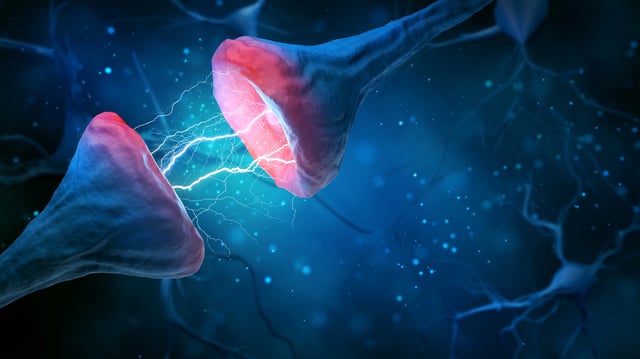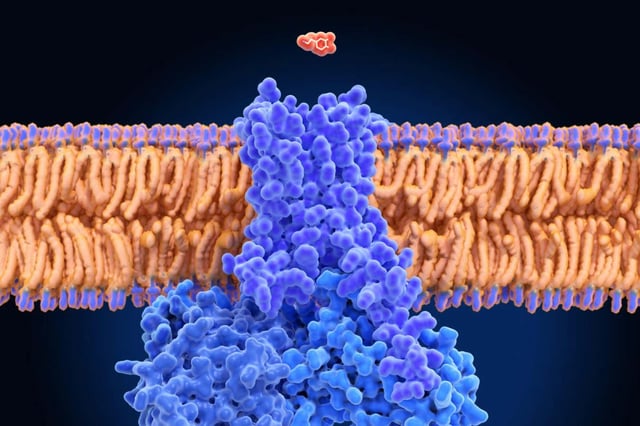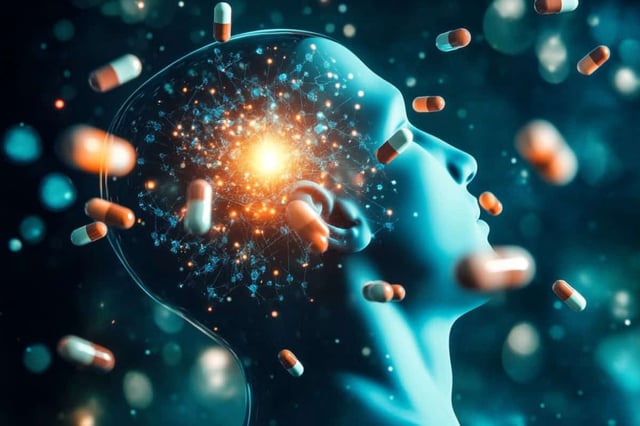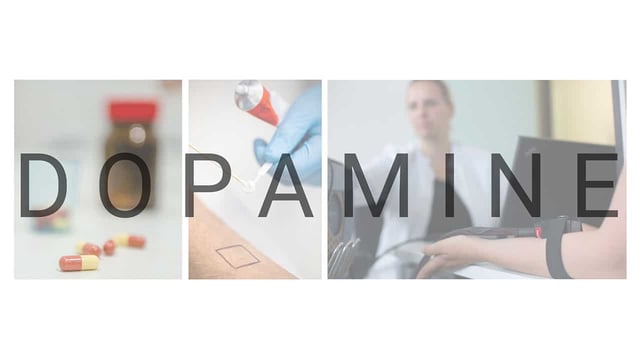Overview
- Researchers conducted a double-blind, randomized, placebo-controlled trial with 168 healthy volunteers.
- Participants were given either a dopamine antagonist, a dopamine precursor, or a placebo before undergoing a pain relief test.
- The study found no significant effect of altered dopamine levels on the formation of positive treatment expectations or placebo analgesia.
- Placebo analgesia effects were not detectable eight days after conditioning, suggesting a limited duration.
- The findings suggest dopamine's role in placebo effects may be more nuanced, linked to reward processing rather than direct pain relief.



